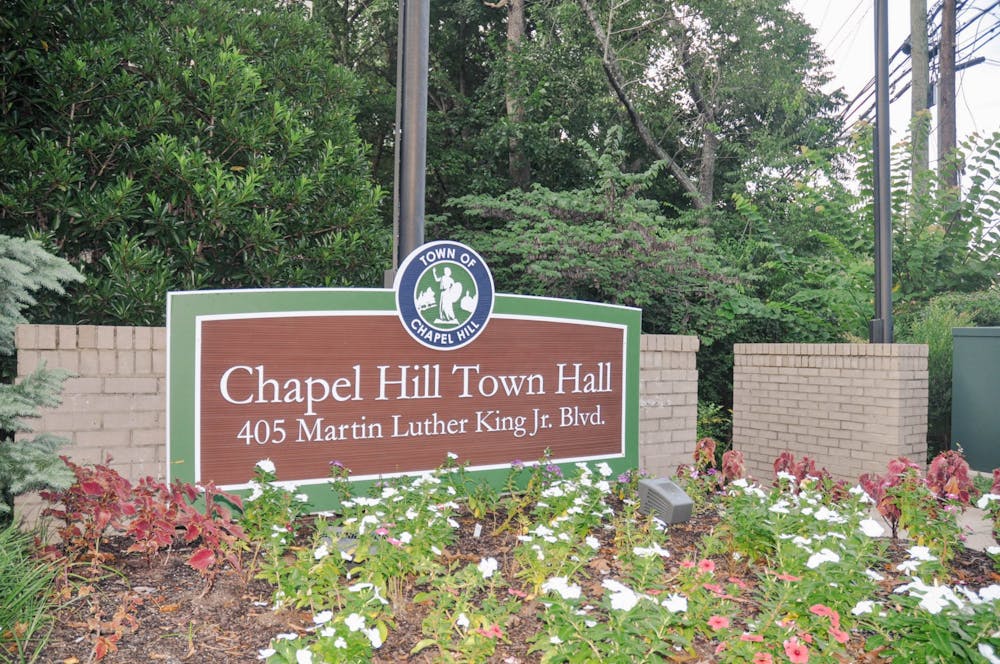According to Sahn, a reason for low voter turnout could be Chapel Hill’s nonpartisan political climate. He said that well-educated constituents of Chapel Hill —particularly University professors —are typically liberal.
Hetherington said that though North Carolina is a politically competitive state, competition in Chapel Hill is less politically divided.
“It's going to be much less intense the more local the race gets — because almost everybody's going to be a Democrat, and it's just going to be a different flavor, a certain flavor of Democrat that we're getting as our leaders,” he said.
He said that recently, less-educated, white voters tend to be Republicans.
“That particular demographic is pretty underrepresented here in Chapel Hill, because there are so many people with college degrees,” Hetherington said.
Another reason for low voter turnout, according to Hetherington, is the town’s large student population.
He said local elections are difficult for students because they do not live in Chapel Hill full-time, and that trying to learn all about local politics is tedious and time-consuming.
Hetherington also said that though a large portion of respondents were highly educated, many still lacked an understanding of candidates’ platforms.
According to the poll, 40 percent of respondents said that if the elections were today, they were not sure if they would vote for Jess Anderson or Adam Searing.
While many people think there is not a lot of division on issues because municipal races are nonpartisan, there are still a lot of differences between candidates, Sahn said.
“Elections are nonpartisan at the local level, generally speaking, so there's no like 'R' or 'D' next to the candidates name to help you make that decision without like doing a ton of research,” Sahn said .
Rev. Stefan Weathers Sr., the organizing program associate for Democracy North Carolina, said running for office can be a struggle, due to the time and resources campaigns require.
To get the day's news and headlines in your inbox each morning, sign up for our email newsletters.
"The candidates that tend to be on the ballot, so to speak, are more ‘well-off,’ which also tends to skew and correlate with being more ‘well-educated,'" Weathers said.
A majority of this year’s candidates for municipal office in Chapel Hill are white, and many have postgraduate degrees.
Sahn said things like familiarity with the political process and policy knowledge are essential for candidates, and are contingent on education.
Weathers also said campaign efforts from wealthier, more educated candidates tend to cater toward the population that is most likely to identify with them, which in many cases, is a wealthier, more educated population.
“I think that there's a falling back to what is comfortable,” Weathers said.
He said when candidates are comfortable with a certain demographic, they do not do outreach work to mobilize efforts and build coalitions that are more representative of all people.
@DTHCityState | city@dailytarheel.com
Kathryn DeHartKathryn DeHart is a 2024-25 assistant City & State Desk editor.




